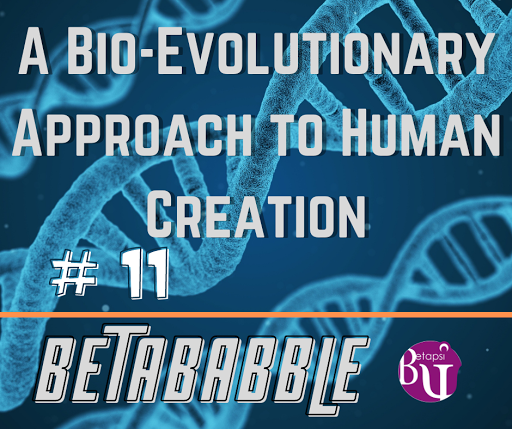How many times have we heard that humans evolved out of monkeys, and the
many theories trying to explain human birth – from both religious and scientific
perspectives? This will forever be a war of theories.
Today, we will be looking at a bio-evolutionary approach toward human creation,
discussing the possibility of humans having evolved from monkeys, and analysing
what makes us different.
It is said that discrimination was the main factor that divided the race of
Chimpanzees, involving those who were strong enough to stay in the jungle, and the
chimps who couldn’t survive. It is believed that this weakness pushed them away
from the jungle, and consequently, this small group had to adapt to new
environments. According to Darwin’s theory of evolution, one can say that through
this change in environment, the organism had to adapt in order to survive.
But how did they survive?
The small group has now been exposed to many other predators in the jungle. They
needed to look after each other if they had to survive. A change in environment also
brought with it changes to the physical structure of the ‘chimps’, who now started to
evolve – notably their spinal structure, which started to be straightened rather than
bent, and their feet which were now getting accustomed to the new flat ground.
Other than their physical adaptations, as mentioned earlier, the evolved chimps now
started to look after each other and care for their group members. This would
hypothetically give rise to the birth of ‘group roles’. One can also note that this
indicates a birth of reason within the mental structure of the evolved chimp. The
organism’s new ability to reason gave them the ability to care more for one another,
in even later stages than the mother-child bond stage.
As previously mentioned, the emergence of group roles also lead to an element of
interdependence between the group members – with different members having
different assigned group roles, in terms of who will do the hunting and who will
sustain the group members’ physiological needs, such as sex and hunger, out of
many more.
But so, what? What are the implications if this theory turns out to be true?
Firstly, it would seriously question the value of life, in terms of religious beliefs,
morality and ethics. But secondly, if it is indeed true, we would need to look
thoroughly at ourselves and collectively reflect as a society. Because if we have
emerged as a result of discrimination, wouldn’t it be hypocritical to find out that
thousands of years later, discriminating acts towards others through forms of
racism, homophobia, ageism, ableism and many more, are still occurring in
everyday life?
Clayton Seguna
Bachelor of Psychology Honours 3rd Year
President of Betapsi Malta


